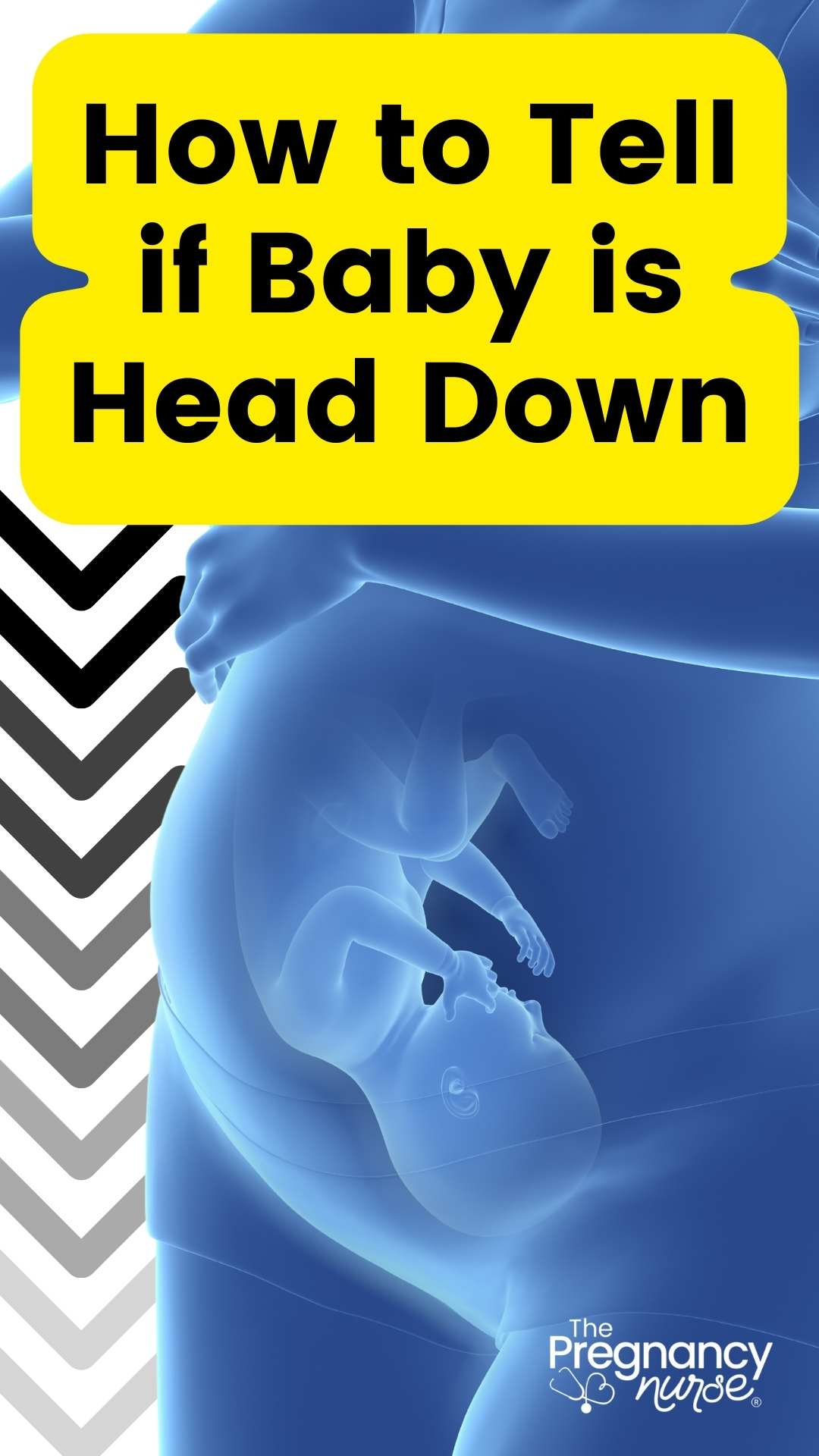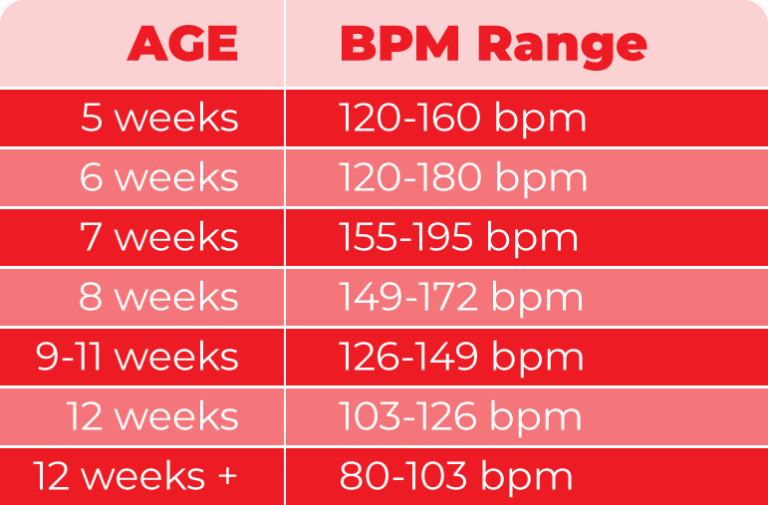How To Know If Baby Is Head Down
Are you expecting a baby and wondering if your little one is in the optimal position for birth? Knowing if your baby is head down is crucial as it can impact the delivery process. In this article, we will explore how to determine if your baby is head down and what it means for you and your baby’s birth. Let’s dive in!
Knowledge
When it comes to determining if your baby is head down, there are a few key indicators to look for. One of the most common ways healthcare providers assess the baby’s position is through a physical examination. During prenatal check-ups, your healthcare provider will feel your abdomen to determine the baby’s position. If the baby’s head is down near your pelvis, it’s a good sign that your baby is in the optimal position for birth.
In some cases, an ultrasound may be used to confirm the baby’s position. An ultrasound can provide a clear image of the baby’s position in the womb, giving healthcare providers a better understanding of the baby’s orientation. If you have concerns about your baby’s position, speak to your healthcare provider about the possibility of having an ultrasound to confirm.
Another way to determine if your baby is head down is to pay attention to your baby’s movements. If you feel kicks and movements higher up in your abdomen, it may indicate that the baby’s head is down. On the other hand, if you feel movements lower in your pelvis, your baby may be in a breech position. By tracking your baby’s movements, you can get a sense of their position in the womb.
Engagement refers to when the baby’s head settles into the pelvis in preparation for birth. If your baby is head down and engaged, you may feel increased pressure in your pelvis and notice changes in your breathing and digestion. Your healthcare provider can assess whether your baby is engaged during a prenatal examination.
Conclusion
In conclusion, knowing if your baby is head down is essential for a smooth and safe delivery. By paying attention to your baby’s movements, engaging with your healthcare provider, and possibly having an ultrasound, you can determine your baby’s position with confidence. This information is crucial for making informed decisions about your birth plan and ensuring the best possible outcome for you and your baby.
For expectant parents, understanding your baby’s position can alleviate anxiety and help you prepare for the birth experience. By staying informed and working closely with your healthcare provider, you can navigate the final weeks of pregnancy with peace of mind. Remember, every pregnancy is unique, and your healthcare provider is there to support you every step of the way.






